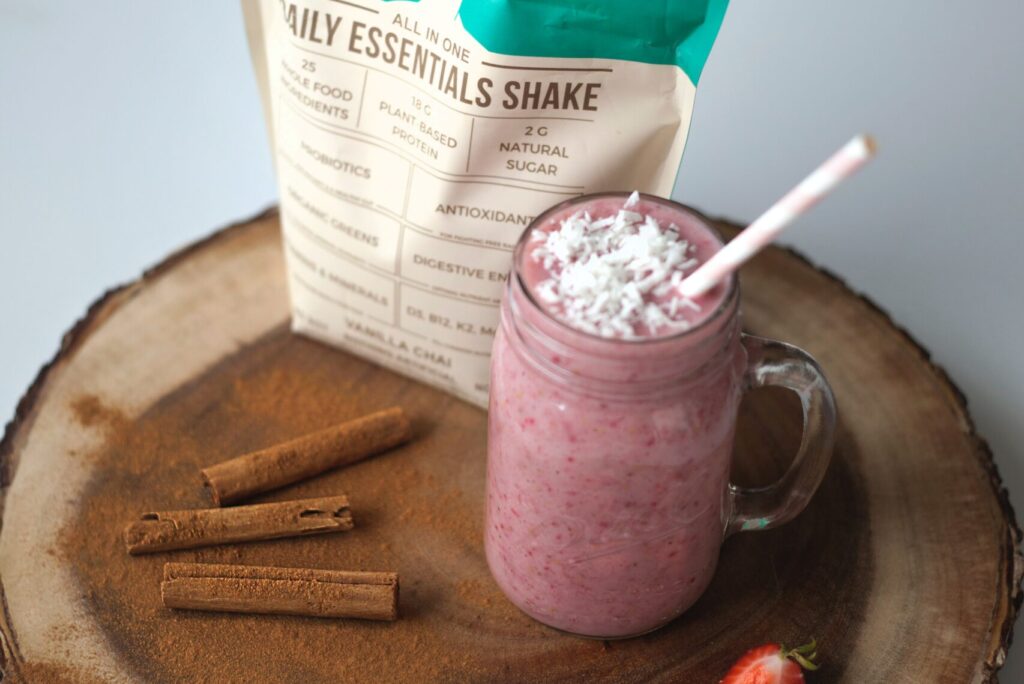The notion that healthy eating is inherently expensive is a widespread myth. In reality, with the right strategies and a bit of planning, nourishing your body with nutritious foods can be entirely compatible with a tight budget. This article aims to dispel the misconception and share practical tips and tricks for eating well without breaking the bank.
Plan Your Meals
Meal planning is a cornerstone of eating healthy on a budget. By planning your meals for the week, you can buy only what you need, reducing waste and avoiding impulse buys.
- Benefits: Saves money, reduces food waste, and ensures a balanced diet.
- Tips: Start with a weekly meal plan. Make a shopping list based on this plan and stick to it.
Buy Whole Foods in Bulk
Purchasing whole foods in bulk can lead to significant savings. Grains, beans, lentils, and nuts are great staples to buy in large quantities.
- Cost Savings: Bulk items are often cheaper per unit.
- Examples: Brown rice, quinoa, oats, and dried beans.
Choose Seasonal and Local Produce
Eating fruits and vegetables that are in season and locally produced not only supports local farmers but can also be more affordable.
- Advantages: Seasonal produce is often priced lower and tastes fresher.
- Savings: Local markets and farmer’s markets can offer competitive prices compared to supermarkets.
Cook at Home
The cost of eating out can quickly accumulate. Cooking at home is not only cheaper but also allows you to control the ingredients, making meals healthier.
- Cost Comparison: Home-cooked meals are significantly less expensive than restaurant meals on average.
- Simple Recipes: Incorporate easy-to-make, nutritious meals into your routine.
Limit Processed Foods and Eating Out
Processed foods and frequent dining out can sabotage both your health and budget. Focusing on whole foods and home-cooked meals can yield both financial and health benefits.
- Hidden Costs: Convenience comes with a higher price tag and often a lower nutritional value.
- Benefits: Reducing processed foods can lead to better health outcomes and savings.
Use Coupons and Look for Deals
Savvy shopping can lead to substantial savings. Coupons, sales, and special deals can make healthy options much more affordable.
- Effective Use: Plan your shopping around available coupons and deals.
- Best Practices: Follow local stores and online platforms for the best deals.
Grow Your Own
If you have the space, growing your own fruits, vegetables, and herbs can be a rewarding and cost-effective way to ensure you have fresh, healthy produce.
- Starting a Garden: Even a small balcony or windowsill can be utilized for herbs or small vegetables.
- Cost-Effectiveness: Seeds and starter plants are inexpensive compared to buying produce at the store.
Eating healthily on a budget is entirely feasible with some planning, smart shopping, and cooking. By implementing these tips, you can enjoy nutritious meals that support your health and your wallet. Start small, and gradually integrate these practices into your routine to make healthy eating a sustainable part of your lifestyle.



